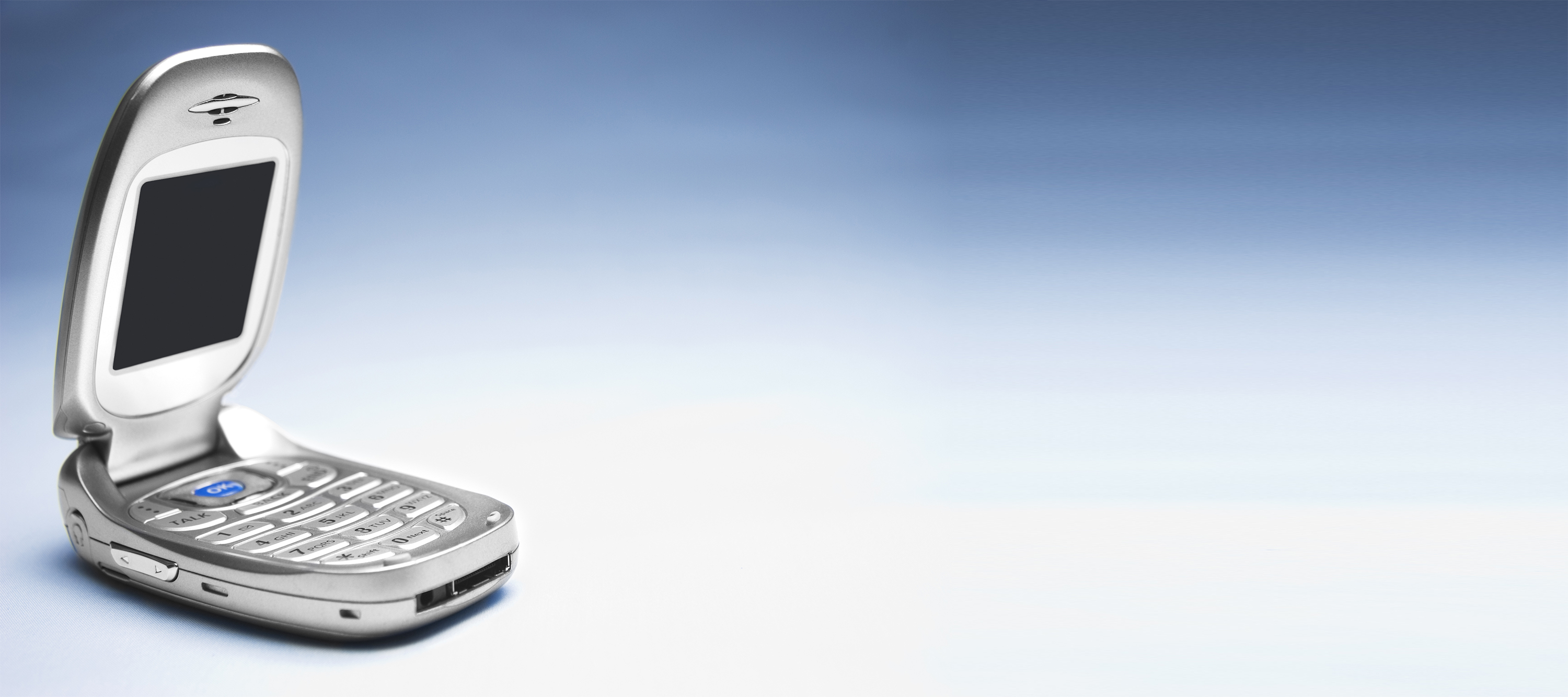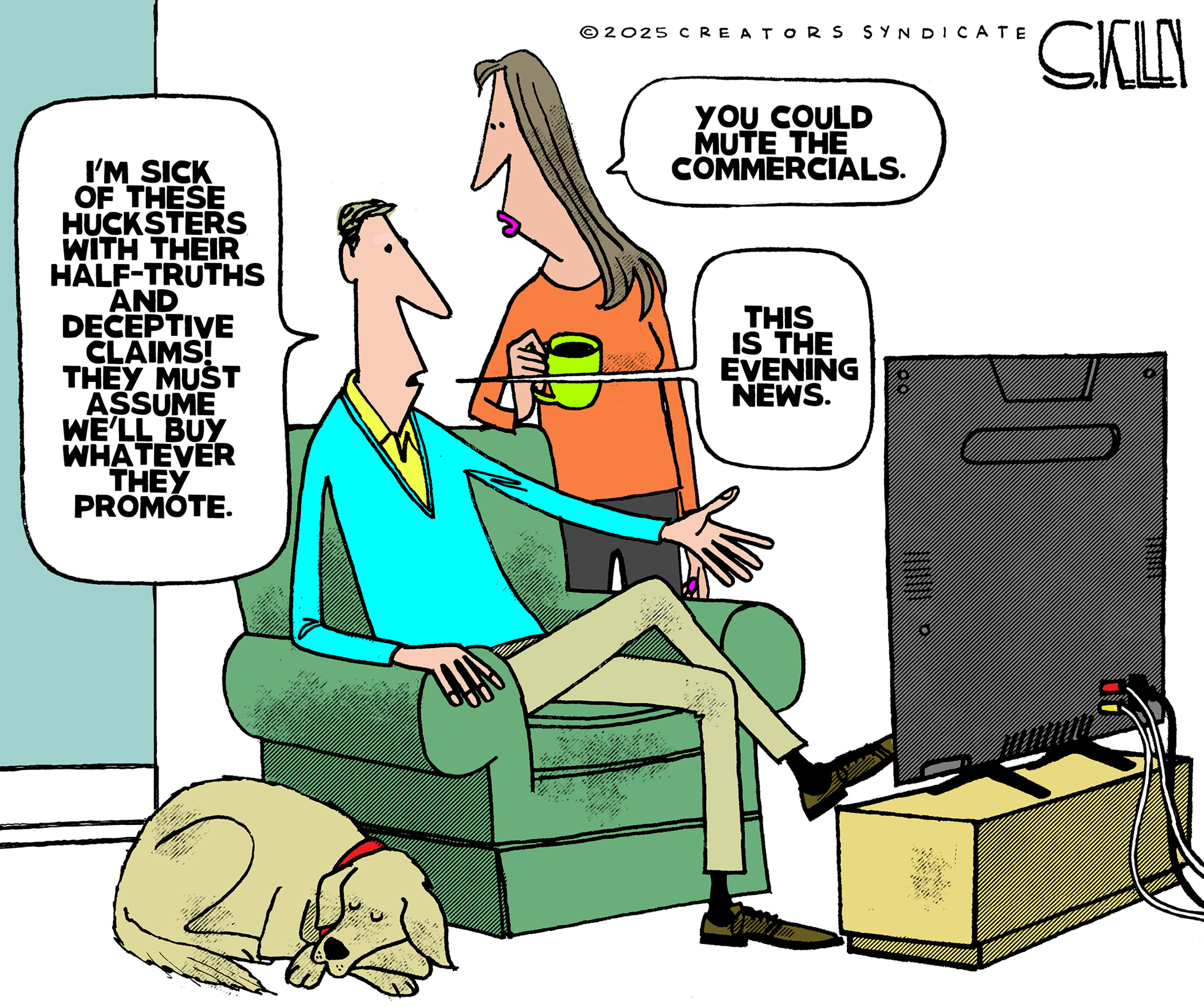I don't own a smartphone — and I don't want one
I have been left behind by the obsession with constant connectivity. And that's okay.


Whenever I'm making plans with a new acquaintance, there's often a moment when our mutual enthusiasm turns to chagrin — and that moment is, inevitably, when we pull out our phones to swap contact information. My friend-to-be usually owns a smartphone, slim and sleek in a case that — whether leopard-patterned or festooned with images of some Saturday morning cartoon hero — manages to protect it while also subtly proclaiming the artful quirkiness of its owner's personality. I, however, own a "dumb phone" that can't connect me to Lyft or let me read restaurant reviews via a Yelp app, won't allow me to scroll through email or get into arguments on Facebook, let alone zone out to music on the metro, or even check the weather. My acquaintance's eyes widen as if I've just admitted to living in an underground bunker with a can of beans and a dented spoon. Unable to help herself, she'll outright ask if that is really my phone. And I'll mumble that yeah, really, it is.
Yes, I am among the narrow two-to-four percent of millennials who don't own a smartphone. Never have, and likely never will. Most days, this causes me no pain at all. Thanks to the marvels of home computing, I can make reservations online and get directions to wherever I'm going, which I print out from MapQuest. I can charge an iPod and check the weather, and, of course, hold vicious political arguments on Facebook. I just can't do all of that at once, or on-the-go. And somehow, this has translated into a conception that beneath my favorite Oxford blouse beats the heart of a doomsday prepper. In her own essay about being a "dumb phone" user, Janet Burns wryly laments that dumb phones, particularly flip-phones, now only appear in media as "the personal tech go-to of onscreen drug dealers and serial killers." The last time I saw a young person using a phone just like mine was on a re-watch of The Wire.
To be fair, I'm not entirely alone in eschewing the siren song of high-speed data and super-cool apps. Many of my fellow luddites cite familiar reasons for their wariness: the loss of everyday civility that knows how to ask a kind-faced stranger for directions; the freedom to not read the latest presidential tweet at the dinner table; the hyper-reliance on an eminently breakable, frequently replaceable, form of technology; and, of course, the cost. There are certain perks of a low-fi life, and a significant one is a kind of insularity — sometimes protective, sometimes productive — that comes from knowing that I can't be summoned back to work by an email, that I can navigate city blocks and curate new music playlists all on my lonesome, and that I have spared myself the temptation of constantly comparing my own grubby little life with the beach vacations and the new condos carefully staged to inflict maximum envy.
The Week
Escape your echo chamber. Get the facts behind the news, plus analysis from multiple perspectives.

Sign up for The Week's Free Newsletters
From our morning news briefing to a weekly Good News Newsletter, get the best of The Week delivered directly to your inbox.
From our morning news briefing to a weekly Good News Newsletter, get the best of The Week delivered directly to your inbox.
When the train cars and waiting rooms are filled with people squinting into screens, I drift into daydream and conjure new essay ideas, or re-arrange a chapter of my book-in-progress. Sometimes, I take out a small sketchpad and let rip with gesture drawings. Or I savor the tactile glide of book pages between my fingers. Imagination is a muscle, strengthened through repetition; sans smartphone, I've built those muscles up enough to sustain a career. I can understand why my so many of my well-intentioned friends beg me to get myself to an Apple store, or "join the year 2017," or say "it will make your life so much better/easier/more complete" — and it may make their lives far better/easier/more complete, but I've done quite well as a scrappy contrarian. I've always had to.
Both of my parents grew up in a grit-under-the nails, dishpan hands kind of working class. Their parents, dockworkers and waitresses, didn't benefit from the capitalist ebullience of the post-World War II years; they were abandoned by the same boon that gave well-heeled suburbanites their super-deluxe vacuums and color TVs, their video recorders and non-stick pans. So, in turn, my parents each developed a decidedly ambivalent approach to technology — the material possessions they valued had a very blunt, tangible usefulness: a house, food, good clothing, and a car to get you to and from work. By the time I was born, they were older, more entrenched in their fiscal conservativism. Whatever remained once the mortgage was paid went into savings, and that was that — even as PCs sprung up everywhere, even as teenaged me begged and begged for one, because I wanted to be like my friends, who were already lording my lack of an AOL username over me. The taunting made me feel terminally uncool; but this wasn't just a fleeting, teenage kind of feeling, it was a core-deep shame that my family hadn't kept up with the Joneses — we didn't have the same kind of house, the same kind of car, and, now, the same kind of computer. And we were dumber, duller, less "with it" for it.
My father finally caved and bought a white clunker of an IBM with dial-up internet back when I was sophomore in high school, but only because, "I guess you need it for homework." Even then, many a Saturday night became a battle royale: I wanted to plunge down every long thread on the World Wide Web and my father wanted a manageable phone bill. Of course, the hours I spent staring at that boxy gray screen were some of the most transformative moments of my life — just as the hours I now spend in front of my laptop remain some of my most meaningful. Still, as I get older, I better understand my parents' prioritizing thriftiness over modernity; though my only work-related aches and pains are eyestrain and stiff fingers, as a freelancer, I still live paycheck-to-paycheck, so I must make sharp, tactical decisions about priorities. And health insurance will come before an iPhone every day.
Sure, one could frame my entire reluctance toward getting on the treadmill of constant fees from data plans and upgrades and ill-advised binges through the app store as a kind of hipster resistance against, like, documenting my life instead of living it, or being subsumed into the Borg of Instagram brunches. But much of my refusal to get a smartphone has more to do with cost and class. This pervasive clamor for adopting personal technology — and not just adopting it, but allowing it to become some ubiquitous, indispensable extension of the self — grates on me because it promotes consumerism-as-a lifestyle. And just as the suburban opulence of the 1950s left my grandparents behind, and the tech bubble of the '90s left my parents behind, I have been left behind by the 2010s' obsession with the smartphone and constant connectivity. There is a classist arrogance behind the assumption that everyone can, or should, or already does own a smartphone; and all of this "concern" would be far better spent working to alleviate the very real lack of access to computers and high-speed internet in under-served communities around the country.
A free daily email with the biggest news stories of the day – and the best features from TheWeek.com
I'm pretty much assured of being the only "grandma millennial" in any room, and I'm pretty okay with that. My struggle is still with the people who make me feel dumber, duller, less "with it." However, at a recent conference, I ran into an old acquaintance from school; a fellow writer I've always regarded as unimpeachably cool. As we went to swap digits, I braced myself for the familiar awkwardness of pulling out my "dumb phone" in the wild. And then, I saw it: the flip-phone in her hand. She looked down appreciatively at my app-less clunker. The same old lines — "Is that really your phone?" "Yeah, it is." — took on a rare, and powerful, pleasantness. Instead of mutual chagrin, we regarded each other with utter relief. For that moment, we were two old soldiers who had, quite miraculously, found themselves back on the friendly side of the battle lines between those who are "with it" and the proud curmudgeons.
Laura Bogart is a featured writer for Salon and a regular contributor to DAME magazine. Her work has appeared in The Atlantic, CityLab, The Guardian, SPIN, Complex, IndieWire, GOOD, and Refinery29, among other publications. Her first novel, Don't You Know That I Love You?, is forthcoming from Dzanc.
-
 October 5 editorial cartoons
October 5 editorial cartoonsCartoons Sunday's political cartoons include half-truth hucksters, Capitol lockdown, and more
-
 Jaguar Land Rover’s cyber bailout
Jaguar Land Rover’s cyber bailoutTalking Point Should the government do more to protect business from the ‘cyber shockwave’?
-
 Russia: already at war with Europe?
Russia: already at war with Europe?Talking Point As Kremlin begins ‘cranking up attacks’ on Ukraine’s European allies, questions about future action remain unanswered
